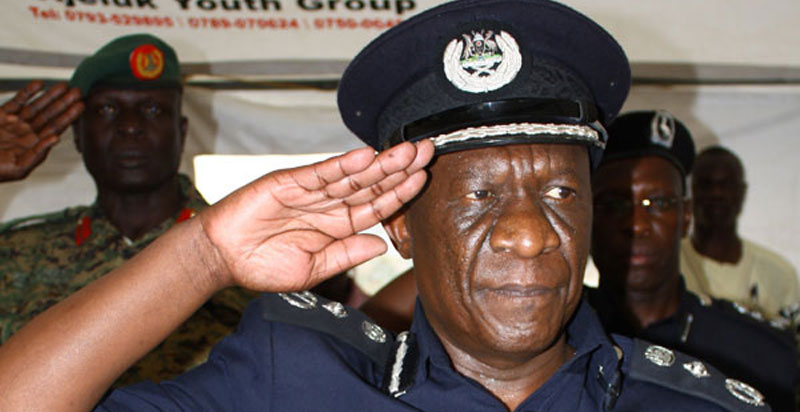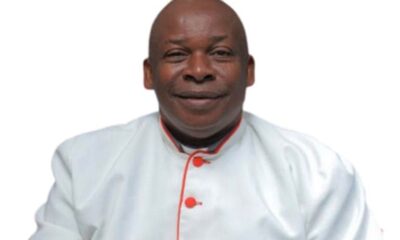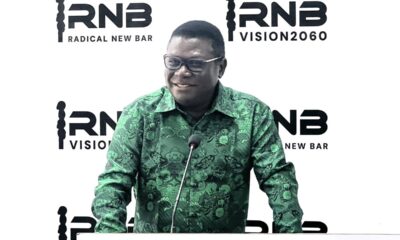Editorial
Police starting to get its actions together
At the recent Parliamentary Defense and Internal Affairs Committee meeting, the Inspector General of Police (IGP), Martin Okoth Ochola, directed the committee members to ask the Director of the Criminal Internal Investigative Department, Grace Akullo, on the matter concerning Dr. Ismael Kalule’s re-arrest.
Kalule had just got bail, but was immediately re-arrested by “un-known” plain clothes operatives. She kept quiet and did not respond to their prompting.
Ochola told the MPs that Kalule’s re-arrest was the kind of thing he had warned Akullo about and did not want it to happen in the Police again. He indicated that the Police had to obey the dictates of the courts of law.
A couple of days later, Kalule was released and driven to his home by the Police. This was a significant departure from the days of IGP Edward Kale Kayihura. But obviously Akullo was still displaying a hangover of the behaviour prevalent in the Kayihura days, when she allowed the plain clothes people to disobey the court orders.
Another significant development of IGP Ochola is the re-introduction of the Special Investigative Department (SID) of the CIID. Kayihura had disbanded this section, probably because he did not want any concerted investigation into other non-Police things he was using the Police for. Equally, Ochola has made other departmental appointments and transfers, which clearly are intended to refurbish the image of the Police, and make it constitutionally accountable.
As we welcome this re-incarnation of a Uganda Police Force responsible to the citizens and operating within the confines of the law, it is also incumbent upon us to point some other things IGP Ochola should be paying attention to. We are aware that he faces a monumental task in re-aligning the Force to its original duty, but this should not let us shy away from bringing his attention to some of the inadequacies.
One urgent area is the Traffic Police. An American visitor in Kampala recently noted that the Government would make a lot of money from charging the traffic violators, particularly, the bodaboda riders. This section of motorists, assisted by their colleagues, the matatu drivers, is in the habit of breaking every law in the traffic rule-book. This is done in the presence of the Traffic Police. Often, you hear the Police saying that the bodaboda are too many for them to enforce.
This is idle reasoning. There are laws to be followed; and that is why they are employed, as Traffic Police, to enforce those laws. The matter of numbers is not an acceptable legal argument.
The other plausible issue is the manner in which the bodaboda has come into existence in the manner it has. It is alleged that apart from being a way of rewarding some of the regime sycophants as a windfall in the importation of the motorcycles, it also became a recruiting ground for the likes of Abdallah Kitatta to assemble their operatives.
Now that Kitatta, his Bodaboda 2010 and their godfather, Kayihura, are not in the picture, Ochola should move to re-structure this section, too.
Comments




















